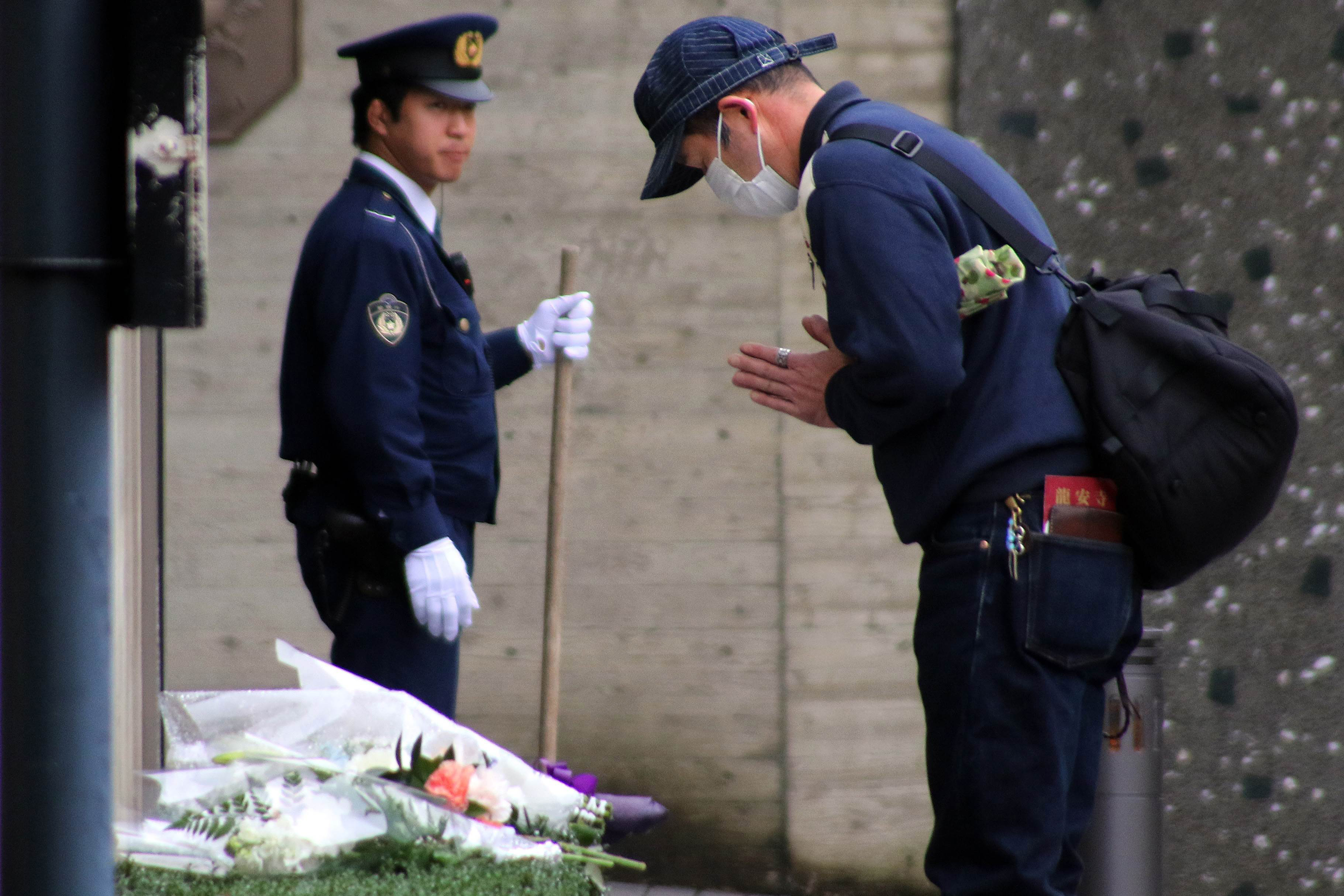The terrorist attacks Friday in Paris highlight the need for Japan to be on high alert as it prepares to host such high-profile events as next year's Group of Seven summit and the 2020 Summer Olympics.
While the risk of the Islamic State group staging coordinated attacks on Japanese soil is lower than in Europe, due to its distance from the Middle East and the lack of Japanese military involvement in the region, Prime Minister Shinzo Abe's "proactive pacifism" policy has made Japan more visible in the eyes of terrorists, experts say.
Two Japanese — Kenji Goto and Haruna Yukawa — were murdered by the extremist group in Syria in January after a hostage crisis that dragged on for weeks. In October, 66-year-old Japanese farmer Kunio Hoshi was killed by gunmen in Bangladesh. While authorities deny his slaying was linked to Islamic extremists, Islamic State claimed responsibility for the act, just as it did in Paris.


















With your current subscription plan you can comment on stories. However, before writing your first comment, please create a display name in the Profile section of your subscriber account page.